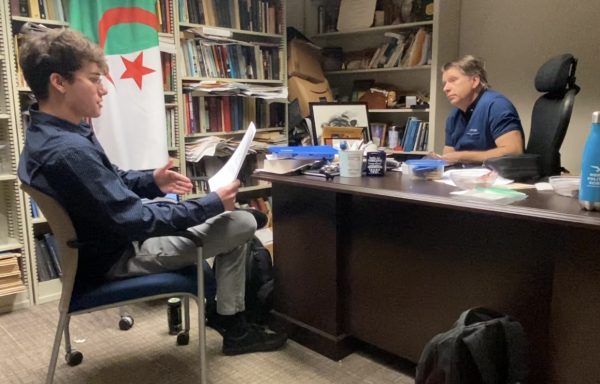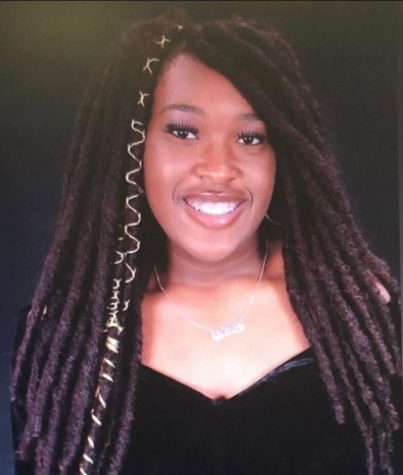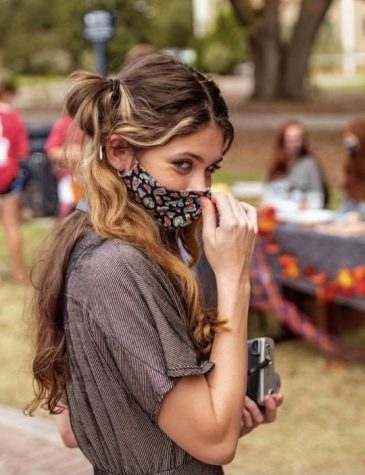Reflecting on Racism
October 27, 2015
Growing up as a minority in a community that is predominantly white, I’ve witnessed racism and have even experienced it firsthand. Going to this discussion, I assumed I wouldn’t learn anything I hadn’t already heard before. In the first five minutes however, I heard something I’d never heard before. Nathan Palmer, a speaker and co-moderator of the event, began by admitting he is racist. I was shocked since most people would never admit to being racist, especially not a white male in a crowd of college student of various races. But he said it with confidence and explained it wasn’t something he was proud of but something he struggled with, something we all struggle with.
While I did appreciate professor Palmer’s honesty, in all honesty I did judge him because in the moment I felt I was not a racist. I mean how could I be? I was discriminated against and stereotyped because my parents were born in Mexico. I know better than to treat someone like that. This remains true but that doesn’t mean I’m not a racist but I wouldn’t realize that until later on in the night.
This is where racism becomes complex. Racism doesn’t feel good when it’s directed at me. Even when no one says anything directed at me, I fear people are silently putting me in a file cabinet of where I belong based on my skin tone and making judgments because I’m a first generation Mexican-American.
However, while I fear those stereotypes and judgments, I make judgment calls of my own. When someone cuts me off when I’m driving to school and I catch a glimpse of who it is, I think to myself of course, it’s because their -insert race here-. It’s small behaviors like these that also makes me a racist. I don’t like to think of myself in that way, but ignoring it won’t help the situation.
This discussion brought up two main points of why ignoring certain things only makes the racism discussion hard. Color blindness for example, or the practice of being blind to the race/ethnicity of people. Racial avoidance does not lead to a society not influenced by racial prejudice. To fully appreciate a person and their character without judgment can be difficult at times. This discussion made it clear to many students that if you have to ignore a person’s skin tone to be able to accept them, that’s racist. I began to question if sometimes I ignore skin tones to fairly judge someone, when in reality isn’t fair at all. In this discussion I discovered another small behavior I commit.
Something else we’ve all probably done is jumping off the hook when someone brings to our attention something we’ve done or said is racist. Jumping off the hook doesn’t solve anything. Not acknowledging your mistakes doesn’t make them go away. And it certainly doesn’t help the person who your mistake affected. Acknowledging racist behaviors will help us learn how to avoid them.












